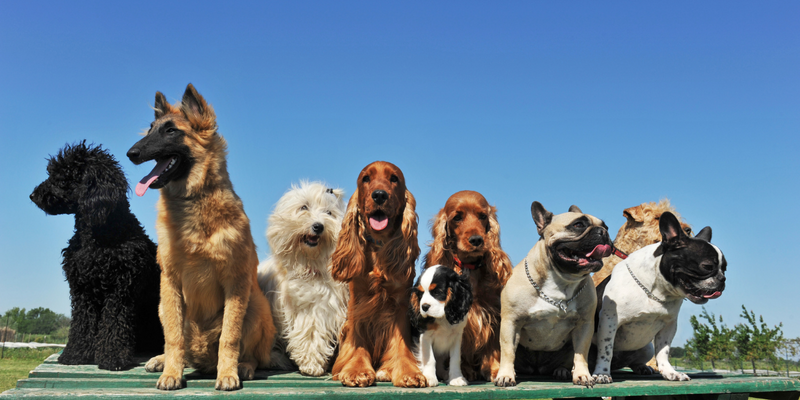
Eggs might not seem like the most obvious thing to feed your woof, but raw eggs contain a multitude of benefits for your paw-pal. They are a safe, cheap and nutritious addition to a raw balanced diet for your woof. Eggs are an excellent source of amino acids (protein building blocks) and will boost your dog’s protein intake alongside a whole host of key nutrition components including vitamin A, riboflavin, folate, vitamin B12, iron, selenium and fatty acids – all improving your furball’s skin and coat.
Busting common egg myths:
- What about raw eggs and salmonella?
Dogs’ stomach can handle a large number of naturally occurring bacteria in raw foods, way more than humans. The chance of eggs in the UK being infected with salmonella is extremely slim, but to lower the risks even further, you can source eggs from organic, free-range healthy chickens, or at least those with the British Lion mark which shows the laying hens have been vaccinated against salmonella. Storing your eggs properly in a cool place will help to keep the bacterial levels at a normal level.
- Eggs are too high in cholesterol
Eggs do contain some cholesterol, but more of a risk to blood health is the amount of saturated fat eaten. This shouldn’t be a problem if you feed your dog a well-balanced raw food diet. Plus cholesterol does not affect dogs in the same way as humans, as they don’t get the same cholesterol-related diseases as we can.
- They’ll cause a biotin deficiency
Biotin (a B vitamin) is needed for your pup’s cellular growth, fatty acid metabolism and healthy skin and coat. Although egg whites contain avidin, a biotin inhibitor, egg yolks are very high in biotin. As long as you feed your pup the entire egg with a fresh and balanced diet, a biotin deficiency will be an extremely rare occurrence. And you would have to feed your dog an awful lot of eggs to even start worrying about this.
- Egg whites will upset digestion
While it is true that egg whites contain enzyme inhibitors, incorporated into a balanced diet they should not pose any risk in this area.
- Eggshells are harmful
Your dog can in fact eat eggshells. A whole cracked egg with its shell on is an excellent food source, containing a multitude of amino acids, calcium, and phosphorus, excellent for your pup’s bones and teeth. The thin membrane on the inside of eggshells also contains hyaluronic acid, chondroitin and collagen - all amazing for reducing joint pain in your woof. Just remember that eggs are often sprayed with chemicals to give them a shiny look, so source your eggs from a local or organic farm if possible.
- Raw eggs are bad for dogs
Raw eggs are perfectly safe for your dog, as long as you limit the intake and incorporate them into a healthy balanced diet.
How often can my pup eat eggs?
If you’re introducing eggs into your dog’s diet, start with just one and observe the response. If there’s no evidence of digestive distress, you can start incorporating them several times a week into a balanced diet. Eggs could make up to 10% of your woof’s total daily calories.
Treat your woof to an egg today to witness eggcellent results! For advice or help with any aspect of raw feeding, contact our Customer Services team. You can also find answers to some common questions about raw feeding on our FAQs page.


